Merck PCSK9 Pill Results Point to Extremely Low Cholesterol Future

© Andrew Kelly/Reuters

© Andrew Kelly/Reuters







Last weekend’s Cambridgeshire train attack brought up a question that we often ask ourselves. But the answer isn’t simple
Emma Kavanagh is a psychologist who has worked for the police and the military
The devastating attack on train passengers in Cambridgeshire last weekend was shocking. There has been talk of heroes who risked their lives to help others, and of those who hid to save their lives. If you are anything like me, you will be asking yourself: what if that were me? How would I cope? And just who would I turn out to be when the worst happens?
Some of us imagine that we would vault to the rescue, fighting off attackers. Others, perhaps the more realistic among us, anticipate flight, extricating ourselves from the situation as quickly and efficiently as possible. Most of us would like to think that we would stay our urge to run, lingering long enough to offer aid to those in need.
Emma Kavanagh is a psychologist who worked for many years for the police and military. Her books include How to Be Broken and The Psychopath Effect, to be published in 2026
In the UK, the charity Mind is available on 0300 123 3393. In the US, call or text Mental Health America at 988 or chat 988lifeline.org. In Australia, support is available at Beyond Blue on 1300 22 4636, Lifeline on 13 11 14, and at MensLine on 1300 789 978
Continue reading...
© Photograph: Leon Neal/Getty Images

© Photograph: Leon Neal/Getty Images

© Photograph: Leon Neal/Getty Images
Modern research shows the public work together selflessly in an emergency, motivated by a strong impulse to help
It was early morning on 1 January last year when Colin McGarva dived into a flooding river in Worcester to rescue an unconscious woman. McGarva said he didn’t think twice about the risk to himself, or the devastating loss his newborn son would suffer had he too been swept away by the fast-flowing icy waters.
“I didn’t stop to think because the instinct – the instant reaction – is to help someone in need,” he said. “Someone’s life is an important thing. Helping is just something you have to do.”
Continue reading...
© Photograph: Adrian Sherratt/The Guardian
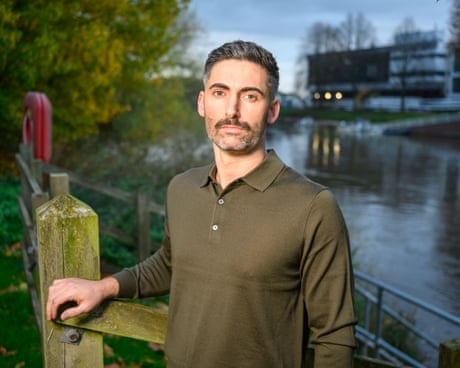
© Photograph: Adrian Sherratt/The Guardian
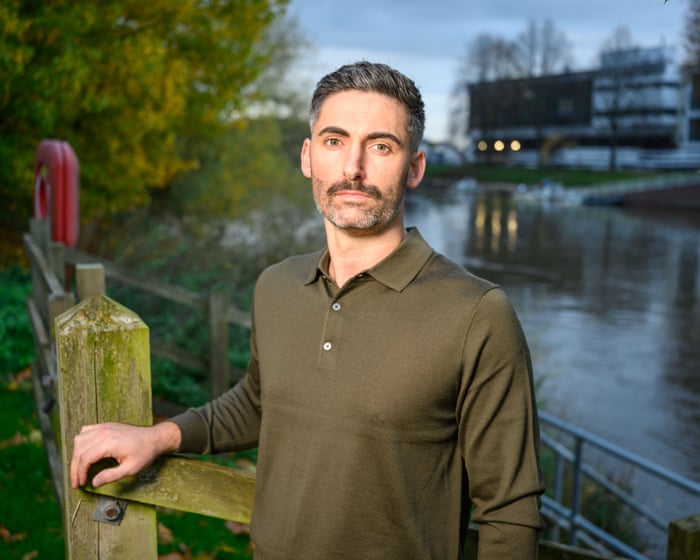
© Photograph: Adrian Sherratt/The Guardian
Nobel prize winner shaped medicine, crimefighting and genealogy, but later years marred by racist remarks
James Dewey Watson, whose co-discovery of the twisted-ladder structure of DNA in 1953 helped light the long fuse on a revolution in medicine, crimefighting, genealogy and ethics, has died, according to his former research lab. He was 97.
The breakthrough – made when the brash, Chicago-born Watson was just 24 – turned him into a hallowed figure in the world of science for decades. But near the end of his life, he faced condemnation and professional censure for offensive remarks, including saying Black people were less intelligent than white people.
Continue reading...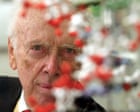
© Photograph: Markus Schreiber/AP
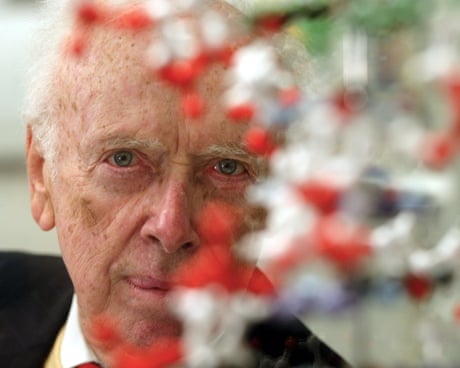
© Photograph: Markus Schreiber/AP
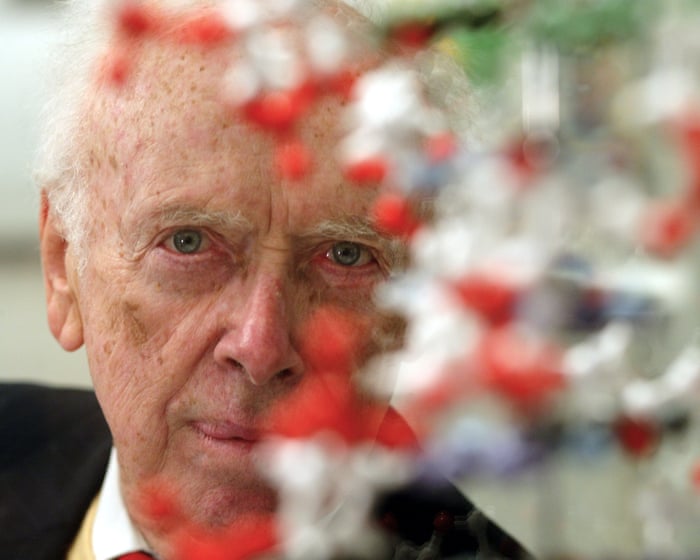
© Photograph: Markus Schreiber/AP
Sleep supplement should not be taken chronically
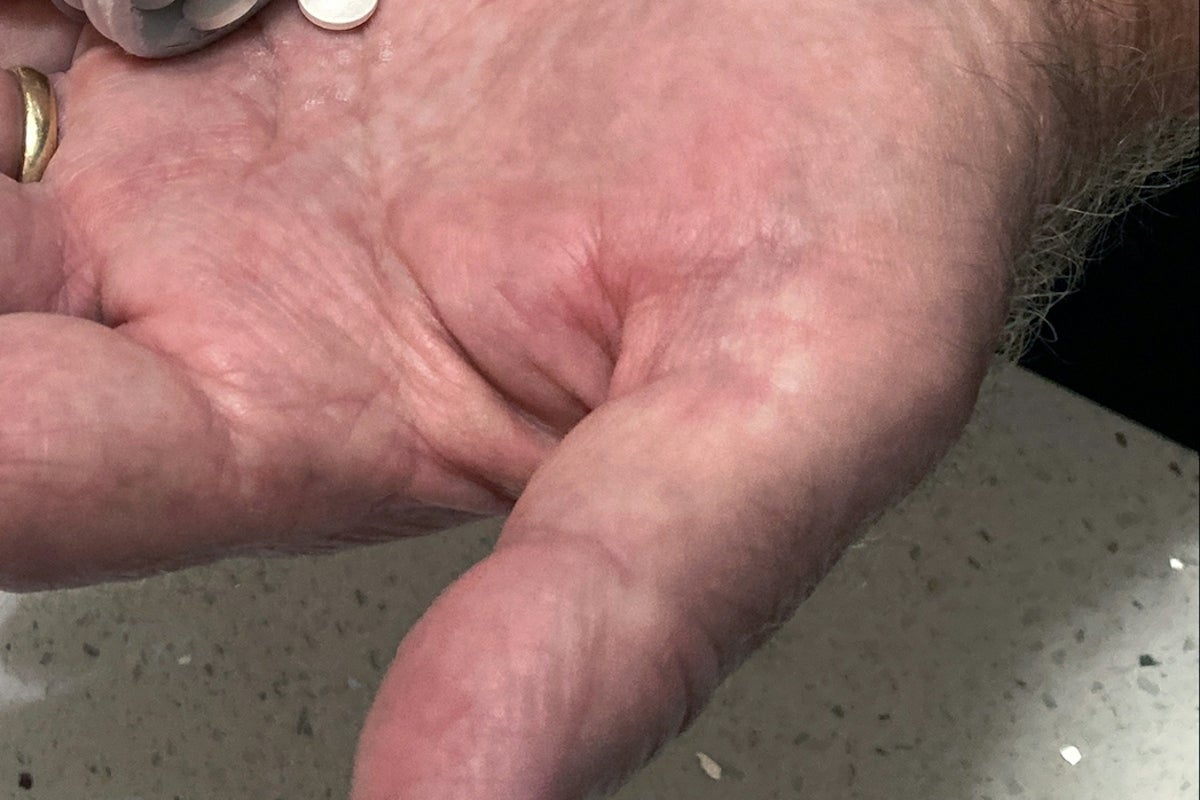
© American Heart Association


Droughts and heatwaves causing water in some areas to reach 41C, killing fish and endangered dolphins, say researchers
Amazonian lakes are being transformed into simmering basins hotter than spa baths as severe heatwaves and drought grip the region, research shows.
The temperature of one lake exceeded 40C (104F) as water levels plummeted under intense sunlight and cloudless skies. The extreme heat triggered mass die-offs among endangered Amazon river dolphins and fish, which cannot survive in such high temperatures.
Continue reading...
© Photograph: Gabrielle Therin-Weise/Getty Images
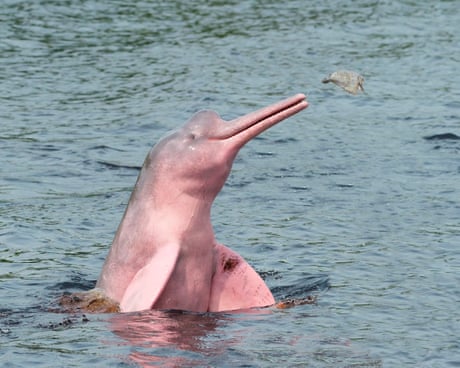
© Photograph: Gabrielle Therin-Weise/Getty Images
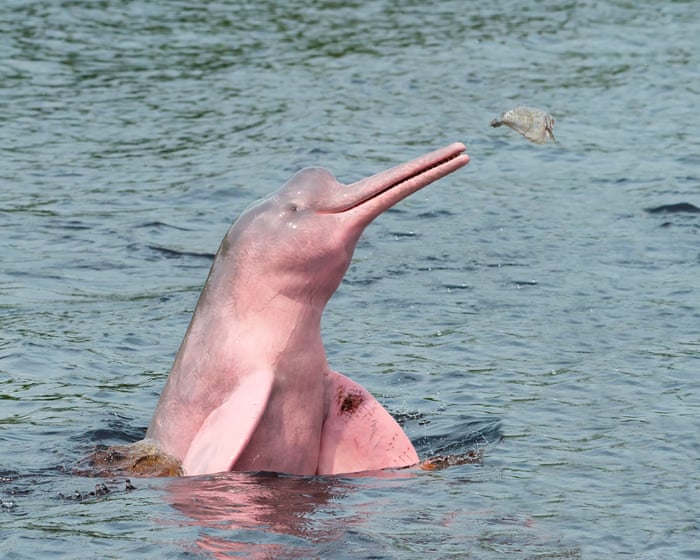
© Photograph: Gabrielle Therin-Weise/Getty Images

Une nouvelle recherche publiée dans Monthly Notices of the Royal Astronomical Society remet en cause l’idée selon laquelle l’Univers serait en expansion accélérée constante. Selon l’équipe de l’université de Yonsei dirigée par le professeur Young‑Wook Lee, « l’Univers est déjà entré dans une phase d’expansion ralentie à l’époque …
Aimez KultureGeek sur Facebook, et suivez-nous sur Twitter
N'oubliez pas de télécharger notre Application gratuite iAddict pour iPhone et iPad (lien App Store)
L’article L’univers pourrait déjà « ralentir » : une étude coréenne questionne la théorie de l’expansion accélérée est apparu en premier sur KultureGeek.
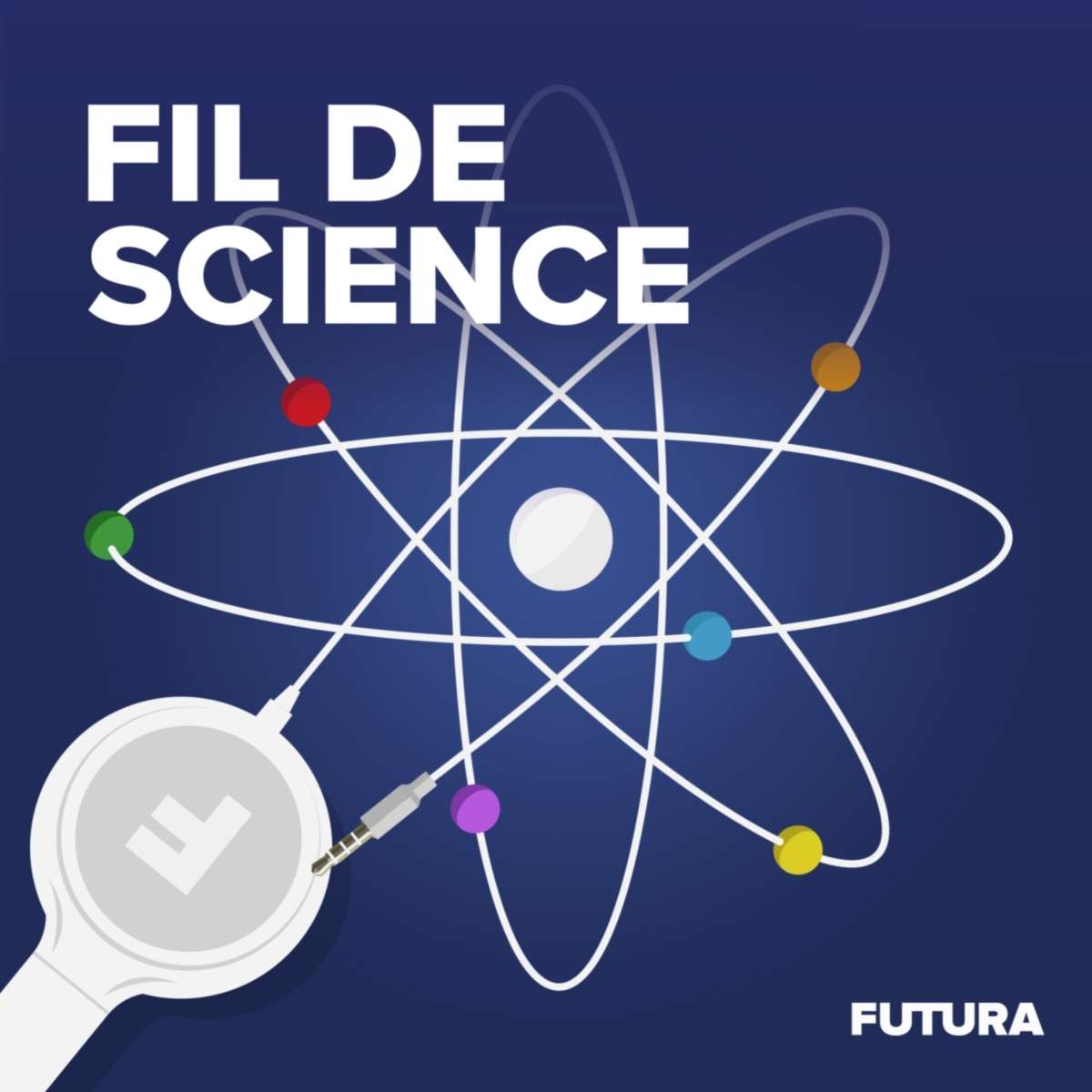


Le constat est terrible : une nouvelle étude récemment menée par l’Oxford Internet Institute révèle que les outils de référence utilisés pour évaluer les intelligences artificielles sont souvent trompeurs, voire carrément inadaptés à ce que l’on cherche à évaluer. Les chercheurs ont passé en revue plus de 445 …
Aimez KultureGeek sur Facebook, et suivez-nous sur Twitter
N'oubliez pas de télécharger notre Application gratuite iAddict pour iPhone et iPad (lien App Store)
L’article Les IA seraient bien plus limitées que ne le disent les benchmarks selon une étude est apparu en premier sur KultureGeek.



Researchers say well over 100,000 spiders from two different species coexist in this remarkable underground metropolis for arachnids
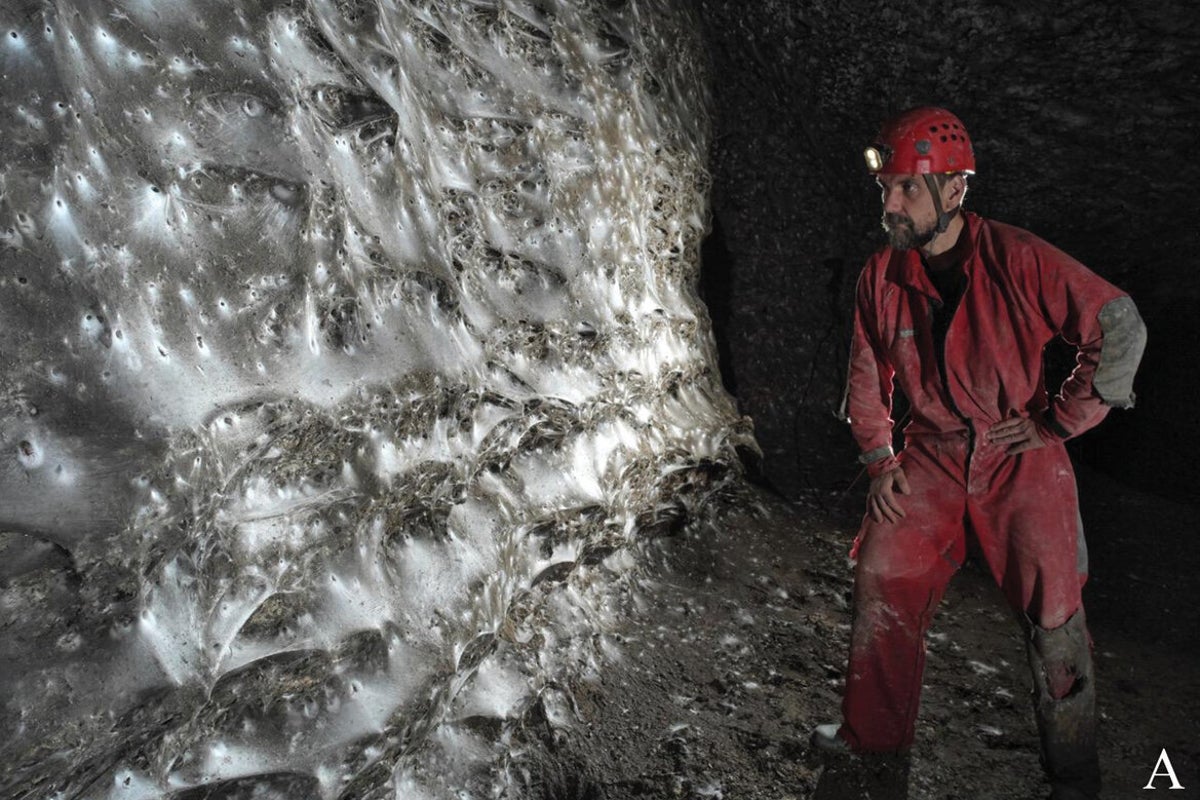
© Marek Audy, Subterranean Biology
New study raises urgent questions about how doctors treat diabetes

© Getty
Let’s assume the parts settle into place. Could electricity reanimate the body?

© Netflix
Dans leur quête pour combattre la maladie d’Alzheimer, les scientifiques explorent des médicaments déjà approuvés susceptibles de traiter cette pathologie. Une étude de 2025 identifie deux candidats prometteurs actuellement utilisés contre le cancer : le létrozole (habituellement prescrit pour le cancer du sein) et l’irinotécan (généralement employé contre les cancers du côlon et du poumon). ... Lire plus
L'article Deux médicaments anticancéreux existants inversent les dommages cérébraux d’Alzheimer chez la souris est apparu en premier sur Fredzone.Dans leur quête pour combattre la maladie d’Alzheimer, les scientifiques explorent des médicaments déjà approuvés susceptibles de traiter cette pathologie. Une étude de 2025 identifie deux candidats prometteurs actuellement utilisés contre le cancer : le létrozole (habituellement prescrit pour le cancer du sein) et l’irinotécan (généralement employé contre les cancers du côlon et du poumon). ... Lire plus
L'article Deux médicaments anticancéreux existants inversent les dommages cérébraux d’Alzheimer chez la souris est apparu en premier sur Fredzone.